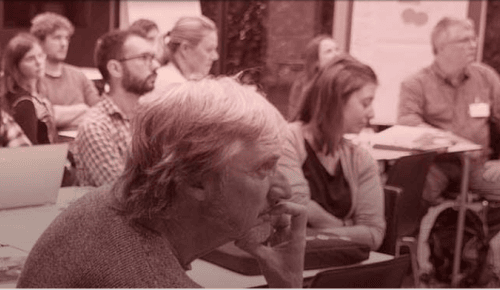
The 5th edition of the INQUIMUS workshops – Integrating quantitative and qualitative assessment methodologies for multi-dimensional phenomena, will be hosted in Venice by the CMCC Foundation and Ca’ Foscari University of Venice from Monday the 3rd of December 2018 to Wednesday the 5th.
The workshop is organized in collaboration with Eurac Research European Academy of Bozen and the Department of Geoinformatics – Z_GIS at the University of Salzburg, Austria.
This year the workshop will address the methods and tools to assess multi-hazard risk, vulnerability and resilience.
A solid and reliable assessment of disaster risks and climate-related impacts requires integrated approaches, which take into consideration the interactions between multiple drivers of risks and the dynamic components of vulnerability (i.e. environmental, socioeconomic, behavioral and organizational factors). Furthermore, the role of innovation within Information and Communication Technologies (ICT) is also starting to be investigated by researchers as another key element to address the topic.
For this reason, INQUIMUS 2018 Workshop will illustrate and discuss how quantitative and qualitative assessment methods could boost a transition toward a new generation of multi-hazard risk, vulnerability and resilience assessments, by paying particular attention to complex systems and network sciences’ methods (e.g. Bayesian networks, system dynamics, agent based models, machine learning) and to innovative digital technologies (e.g. big data applications, social media analytics, geospatial visualization tools), which unlock new knowledge and improve the understanding, analysis, communication and validation of risk information. These topics will be addressed by scientists and practitioners working in different fields (geographers, physicists, statisticians, informatics, economists, environmental, social scientists etc.), to advance in cross-fertilization of concepts and sharing of best practices in different application contexts (environmental management, disaster risk reduction, emergency planning and climate change adaptation).
As the previous ones, this edition of the INQUIMUS meeting will be highly interactive. Presentations on the state-of-the-art of particular aspects will be supported by discussions on current achievements and challenges. Case studies will also be exhibited to better explain the application of the methodologies.
The flyer for the 2018 workshop is available for download here.
Call for abstracts has been postponed! The new deadline is 10 August 2018.
For more information, please visit the official website of the event.


